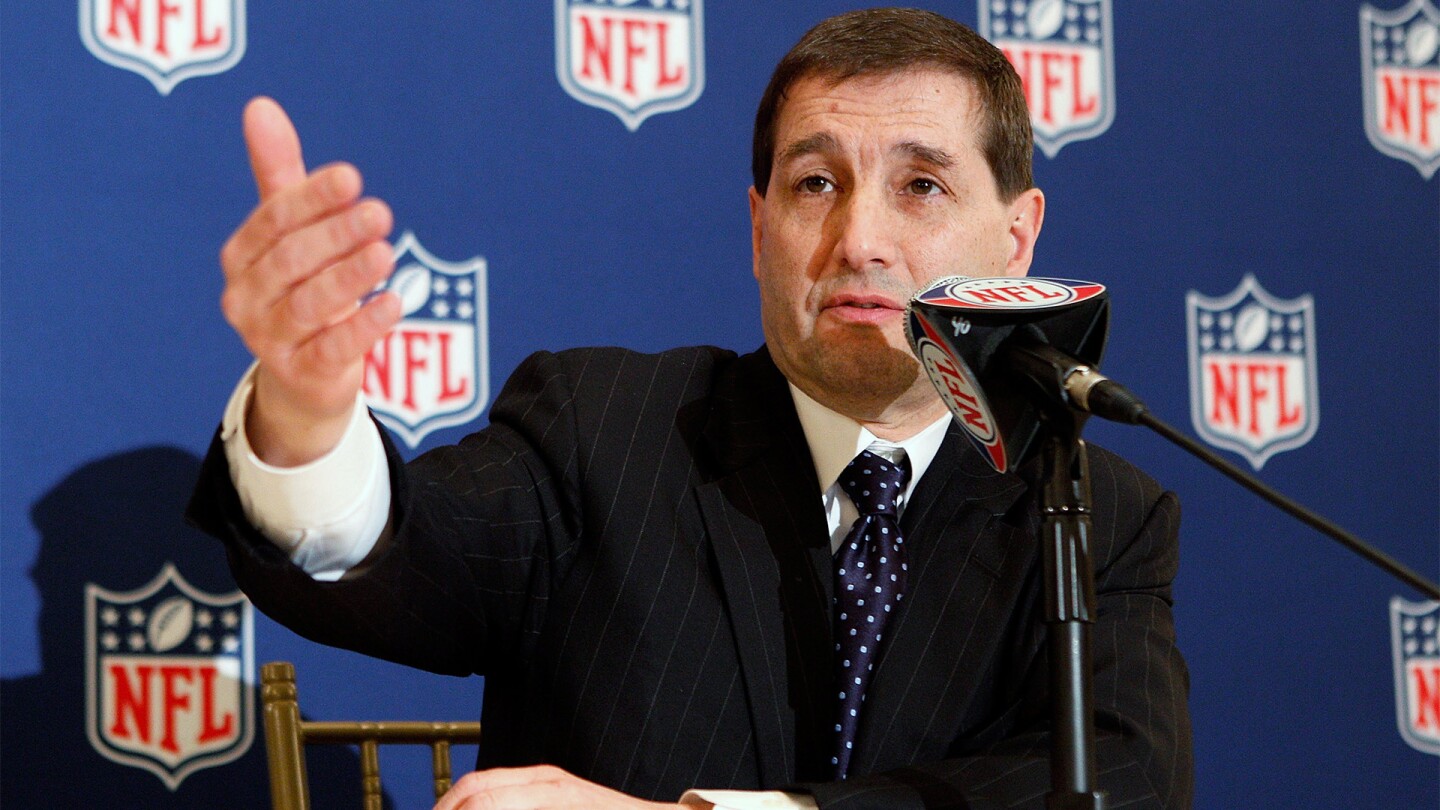
Did collusion case bring down Jeff Pash?
How did your country report this? Share your view in the comments.
Diverging Reports Breakdown
Did collusion case bring down Jeff Pash?
NFL general counsel Jeff Pash announced he’d be leaving in May 2024. The hearing in the collusion case didn’t happen until July and August 2024. Pash’s email elicited this smoking-gun response from Goodell: “Agreed but the [top] of the market is most of the dollars and if we wait to see how it falls, it will be too late to counter.” That last sentence is critical to proving an instruction to collude. After twice fending off efforts by the NFLPA to secure fully-guaranteed contracts for all players (in 2011 and 2020), the league wanted the teams to surrender, one player at a time, the thing the league had managed to collectively resist. With the Browns giving Watson a five-year, fully-Guaranteed contract, the rest of the teams needed to hold the rope through enough quarterback negotiations to make the deal an aberration.
It’s possible that the collusion case claimed a victim before it came to light.
Some are wondering whether the situation contributed to the departure of NFL general counsel Jeff Pash, after more than 25 years with the league office.
Consider the timeline. Pash announced he’d be leaving in May 2024. Although the hearing in the collusion case didn’t happen until July and August 2024, the evidentiary hay was in the barn. Documents had been obtained. Testimony had been taken.
And it was a document generated by Pash that became one of the key pieces of evidence to prove that the NFL and the Management Council encouraged/urged/told teams to limit guarantees in player contracts in the aftermath of the Deshaun Watson fully-guaranteed contract.
Pash sent on March 20, 2022 — two days after Watson signed in Cleveland — the following email to Goodell: “What we don’t know yet is whether we are seeing what we saw the last two years, where the very top players (for example, [Von] Miller, [Aaron] Rodgers, [Matthew] Stafford, [Deshaun] Watson) got large guarantees but many other players (2d tier free agents and below) signed much more club-friendly deals. As the top of the market clears and the next tier starts to sign, we wil have a better sense of whether the large guarantees are extending further into the free agent pool and also how they are affecting club deals with their own players. It is certainly something that we will want to discuss at both the football ops sessions and with the owners as well.”
The Pash email elicited this smoking-gun response from Goodell: “Agreed but the [top] of the market is most of the dollars and if we wait to see how it falls, it will be too late to counter. Agree with raising with a big concern that this will erode a key aspect of our CBA that resisted guaranteed money except as clubs determined on their own.”
That last sentence is critical to proving an instruction to collude. After twice fending off efforts by the NFLPA to secure fully-guaranteed contracts for all players (in 2011 and 2020), the league didn’t want the teams to surrender, one player at a time, the thing the league had managed to collectively resist. With the Browns giving Watson a five-year, fully-guaranteed contract, the rest of the teams needed to hold the rope through enough quarterback negotiations to make Watson’s deal an aberration. (And it did.)
The problem for Pash is that he put his thoughts in writing. Which prompted Goodell to put his own thoughts in writing. Which, once it became clear that those two emails proved the league wanted teams to collude, may have prompted Goodell to blow a gasket over Pash sending an email that invited an incriminating response, in lieu of having the conversation in person.
Anyone who litigates knows that it’s so much easier to get to the truth when it’s in black and white. Witnesses will wallow in as much nothing-but-the-truth gray as they can, forcing lawyers to chase them around and pin them down. Some witnesses (without naming any specific accomplished sports executives) are very good at slipping from the grasp of an effective questioner. With the witness’s words in writing, it becomes much harder.
So it’s not unreasonable to think that, once Goodell realized the impact of the email he sent in response to Pash’s email, Goodell blamed Pash for accidentally setting a bear trap for Goodell by putting something in writing that never should have been in writing. If they’d had the conversation in person, both could have tried to dance around the inescapable conclusion in Goodell’s emails.
That said, Goodell arguably should have known not to put in writing what he put in writing, even if he was simply responding to an email from Pash.
This obviously is all speculative. But it’s more than plausible. Especially if Pash’s retirement wasn’t as voluntary as it seemed to be at the time.
